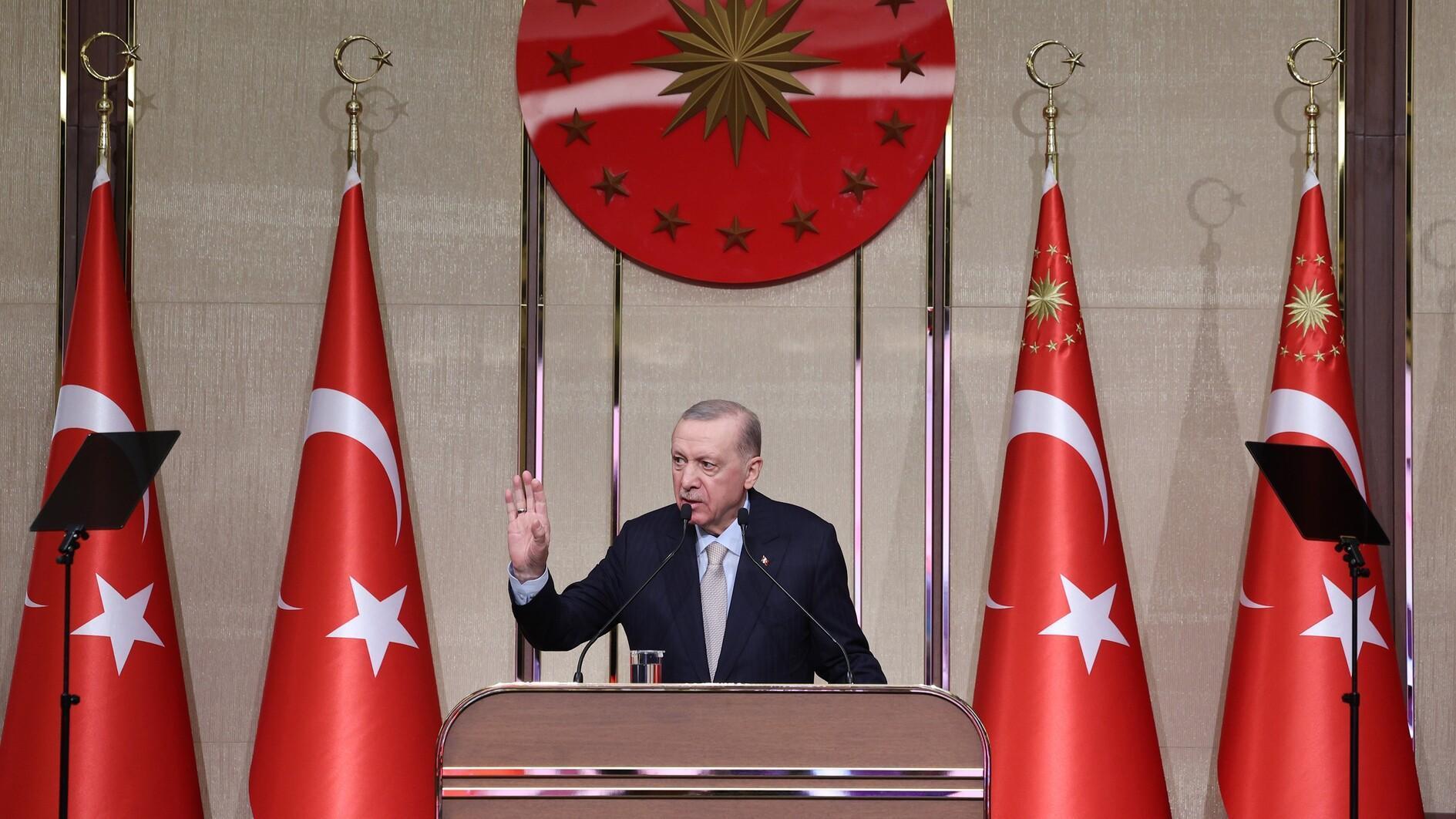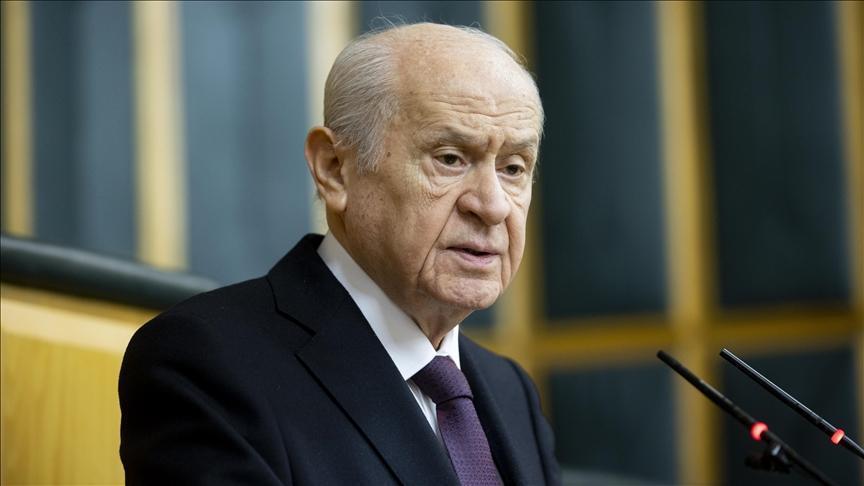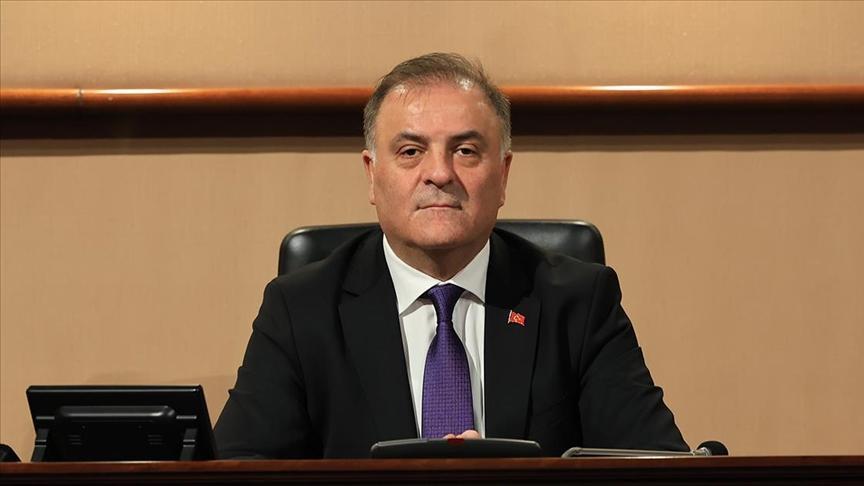IMF says Italy faces ‘monumental challenge,’ cuts growth outlook
ROME - Reuters

AFP photo
Italy’s economy will grow by less than one percent this year and only marginally faster in 2017, the International Monetary Fund said on July 12, cutting its previous forecasts as a result of Britain’s decision to leave the European Union.The outcome of last month’s referendum in Britain has heightened volatility on financial markets and increased downside risks for Italy, the Fund said in a report following its annual Article IV meetings with the Italian authorities.
The eurozone’s third-largest economy is now seen growing at “just under 1 percent in 2016 and at about 1 percent in 2017,” the IMF said. Its previous projections, at the end of May, were for growth of 1.1 percent this year and 1.25 percent in 2017.
Economists have been racing to downgrade Italy’s outlook since the British referendum. Employers’ lobby Confindustria now sees growth of just 0.8 percent this year and 0.6 percent in 2017.
Italy, long one of Europe’s most sluggish economies, will struggle to close the gap with its peers even if recent reforms are fully implemented, the IMF report said.
Only in around 2025 will Italian output return to its 2008 peak before the global financial crisis, it said. In the same period, growth among Italy’s euro zone partners is expected to rise by 20-25 percent above their pre-crisis levels.
“The authorities thus face a monumental challenge. The recovery needs to be strengthened to reduce high unemployment faster and buffers need to be built, including by repairing strained bank balance sheets and decisively lowering the very high public debt,” the report said.
“Risks are tilted to the downside,” it added, listing a raft of issues including the poor asset quality of Italy’s banks, financial market volatility and the impact of a global trade slowdown on exports.
“If downside risks were to materialize, regional and global spillovers could be significant given Italy’s systemic weight,” it said.
Italy’s banks, which are saddled with some 360 billion euros ($397.55 billion) of bad loans and whose share prices have fallen by more than 50 percent this year, are a particular threat to the economic outlook, the IMF said.
“Unless asset quality and profitability problems are addressed in a timely manner, lingering problems of weaker banks can eventually weigh on the rest of the system,” it warned.
If EU-wide stress tests show that financial stability is at risk, there is scope for Italy to use public money to recapitalise its banks, the head of the IMF’s mission to Italy, Rishi Goyal, said in a conference call.
To what extent this could be done without triggering losses to investors under newly adopted “bail-in” rules would depend on negotiations between Italy and the EU, Goyal said.
Italy’s public debt, the highest in the euro zone after Greece’s, will not fall this year as targeted by the government of Prime Minister Matteo Renzi, the IMF said.
In a forecast made before the UK referendum, the IMF said Italy’s debt would edge up to a new all-time peak of 132.9 percent of gross domestic product from 132.7 percent last year.
















